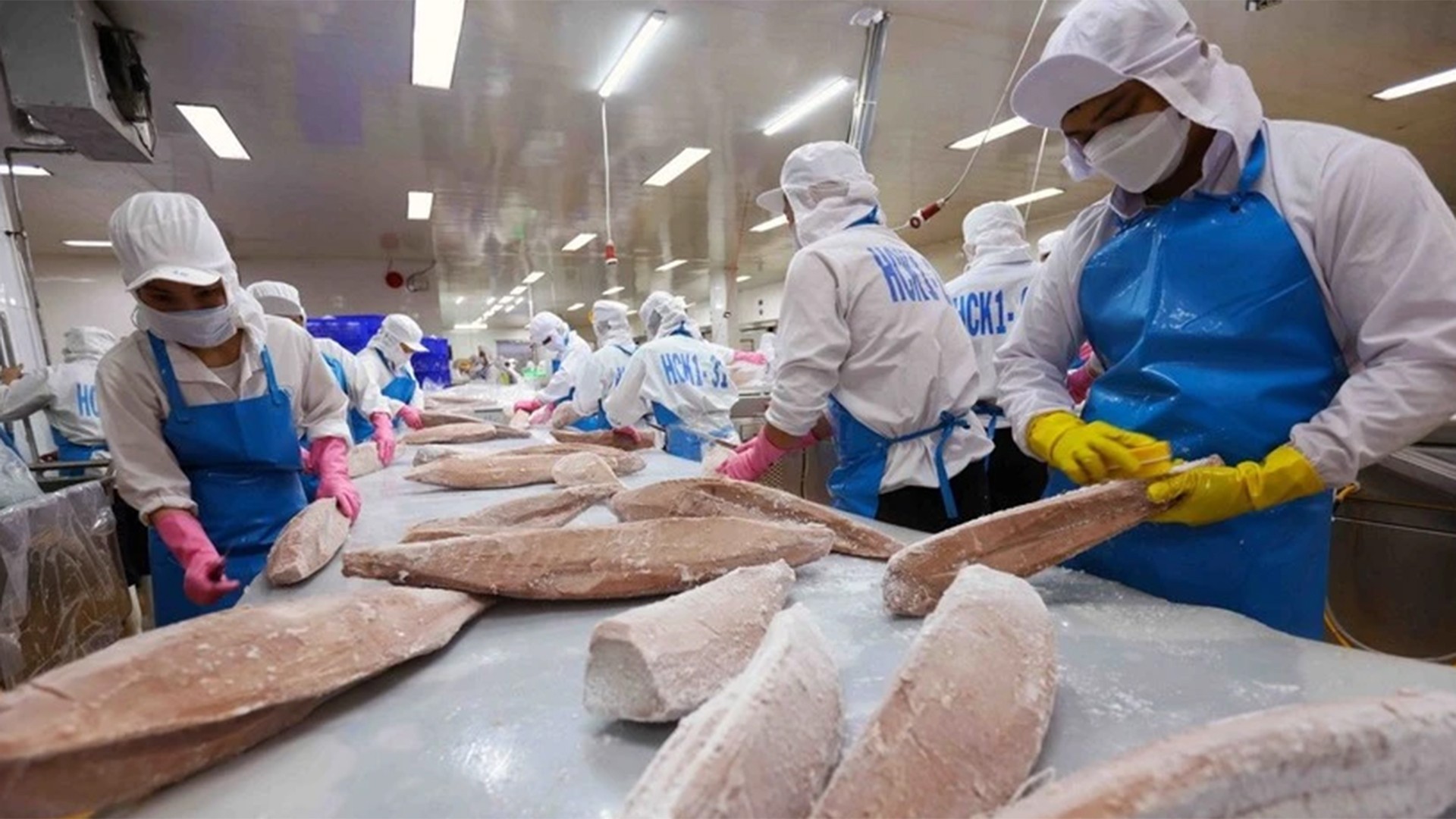
The Government Office has just issued Document No. 6885/VPCP-NN dated July 23 conveying the opinion of Prime Minister Pham Minh Chinh on handling press reports reflecting that promoting deep processing of Vietnamese coffee and exporting tuna to Germany is facing difficulties due to lack of input materials.
According to the report, coffee export turnover in the first half of 2025 reached a record level, with the increase in Arabica and processed coffee exports showing the trend of investment in technology and added value. It is expected that the whole year can reach the 7 billion USD mark, affirming the position of Vietnamese coffee in the global market. However, challenges such as 20% import tax from the US and strict standards from the EU (EUDR) require the industry to strongly transform: develop high-quality growing areas, promote deep processing, standardize traceability and sustainability certification.
Experts recommend that businesses focus on specific products such as specialty coffee, certified coffee and environmentally friendly coffee to effectively exploit the EU market. In addition, it is necessary to build a long-term strategy to develop national brands, protect geographical indications such as “Buon Ma Thuot Coffee” and redesign trade promotion programs in the direction of telling the story of filter coffee culture, raw material areas and sustainability in production. This is the foundation for Vietnamese coffee to reach the international level in a sustainable and responsible manner.
Statistics for the first five months of this year show that tuna exports to the German market decreased by 33% compared to the same period last year and reached only nearly 11 million USD. The main export products are canned processed tuna and frozen tuna meat/cans. However, due to the inability to ensure domestic raw material supply, processed and canned tuna products with HS16 code decreased by 48%.
Although Vietnamese enterprises can use imported materials from EU countries as substitutes, this increases input costs and reduces product competitiveness, while German consumers are tending to tighten spending in the context of the country's volatile economy .
To reduce the risk of being heavily dependent on the US market when the reciprocal tax increases, exporting enterprises are expanding to other major markets including the EU and some Asian countries. To do this, the Government 's support is needed to remove bottlenecks in granting fishing certificates to open up domestic raw tuna sources.
To address the above issues, Prime Minister Pham Minh Chinh directed the Ministry of Agriculture and Environment to preside over and coordinate with relevant agencies to research and implement the tasks assigned by the Prime Minister in Official Dispatch No. 59/CD-TTg dated May 8, 2025 on focusing on directing the assurance of production, consumption, and export of agricultural, forestry, and fishery products in the context of global trade fluctuations.
The Prime Minister requested the Ministry of Agriculture and Environment and relevant agencies to proactively propose solutions according to their assigned functions, tasks and authority, focusing on encouraging and supporting enterprises to invest in deep processing, develop sustainable linkage chains, and strengthen control and traceability to maintain the reputation and increase the added value of Vietnamese agricultural and aquatic products in the international market.
Source: https://baolaocai.vn/khuyen-khich-ho-tro-doanh-nghiep-dau-tu-che-bien-sau-de-day-manh-xuat-khau-post649580.html


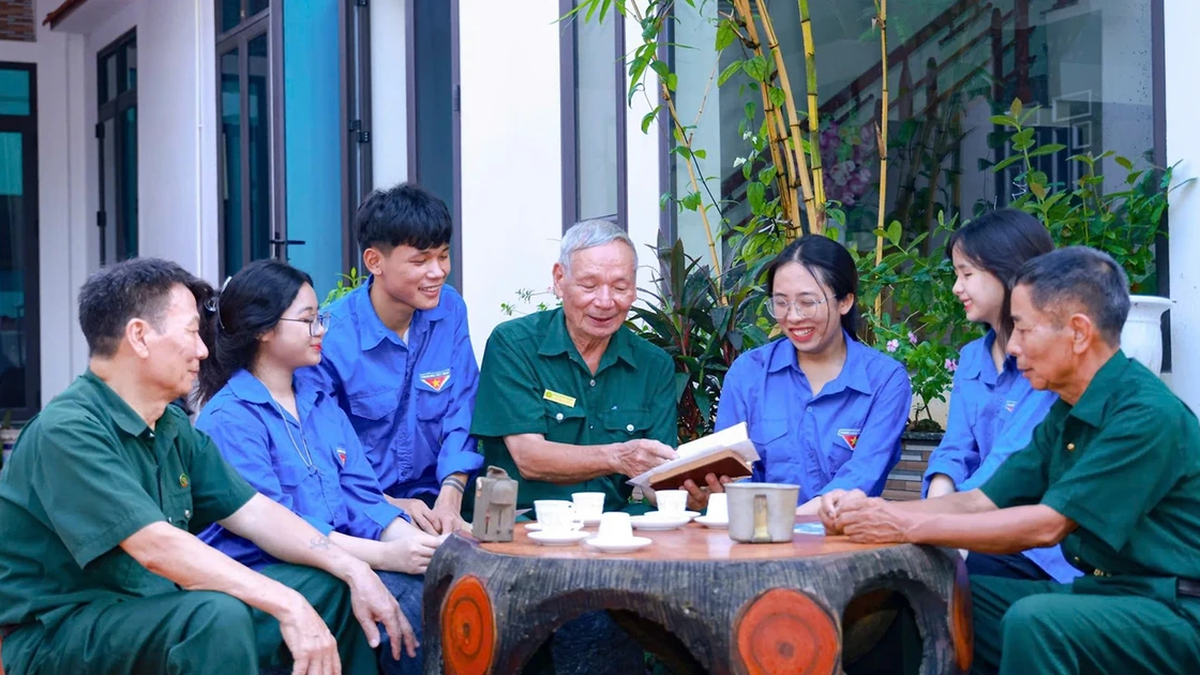


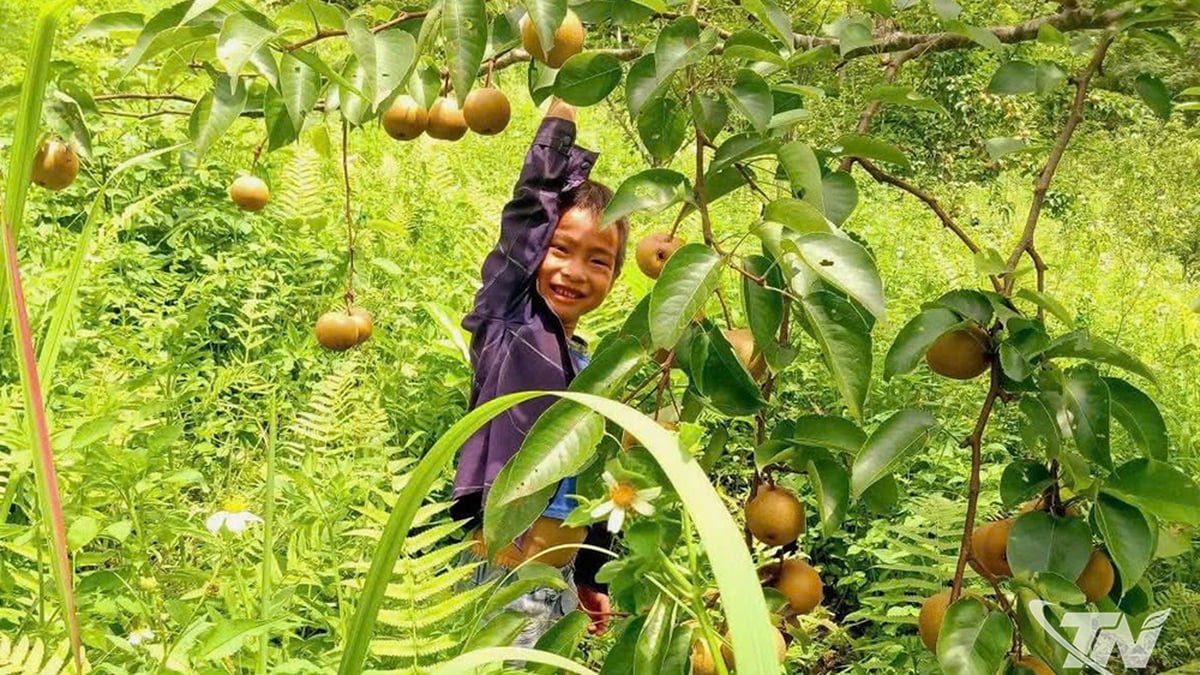


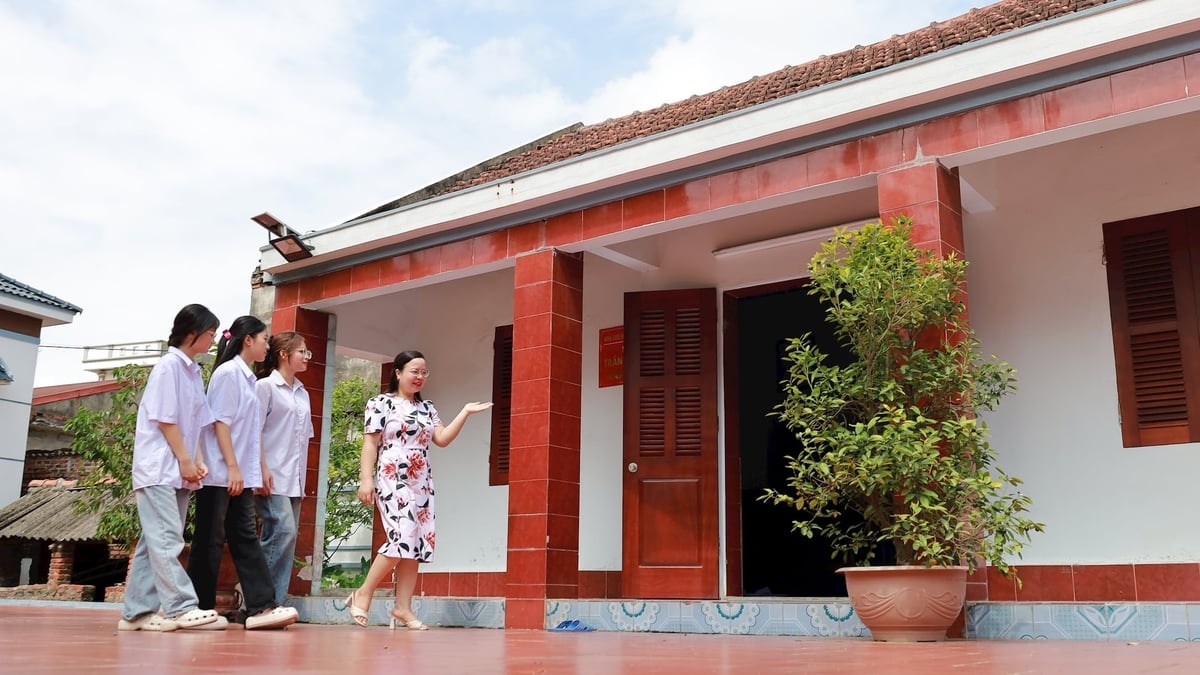
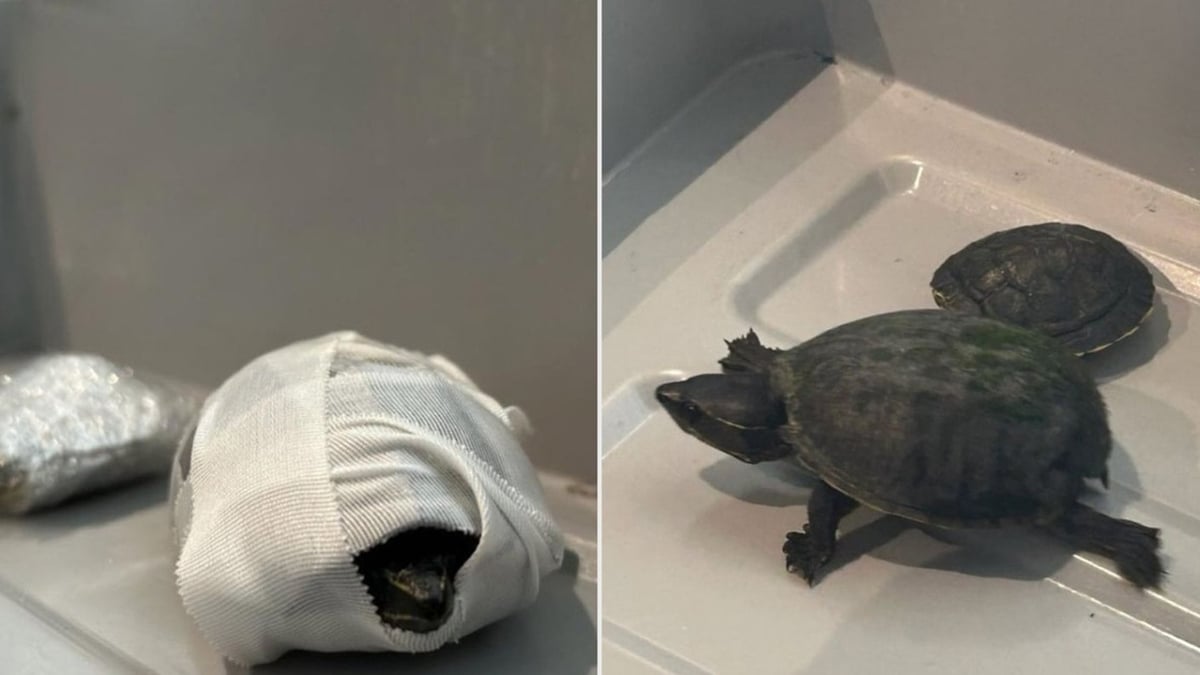
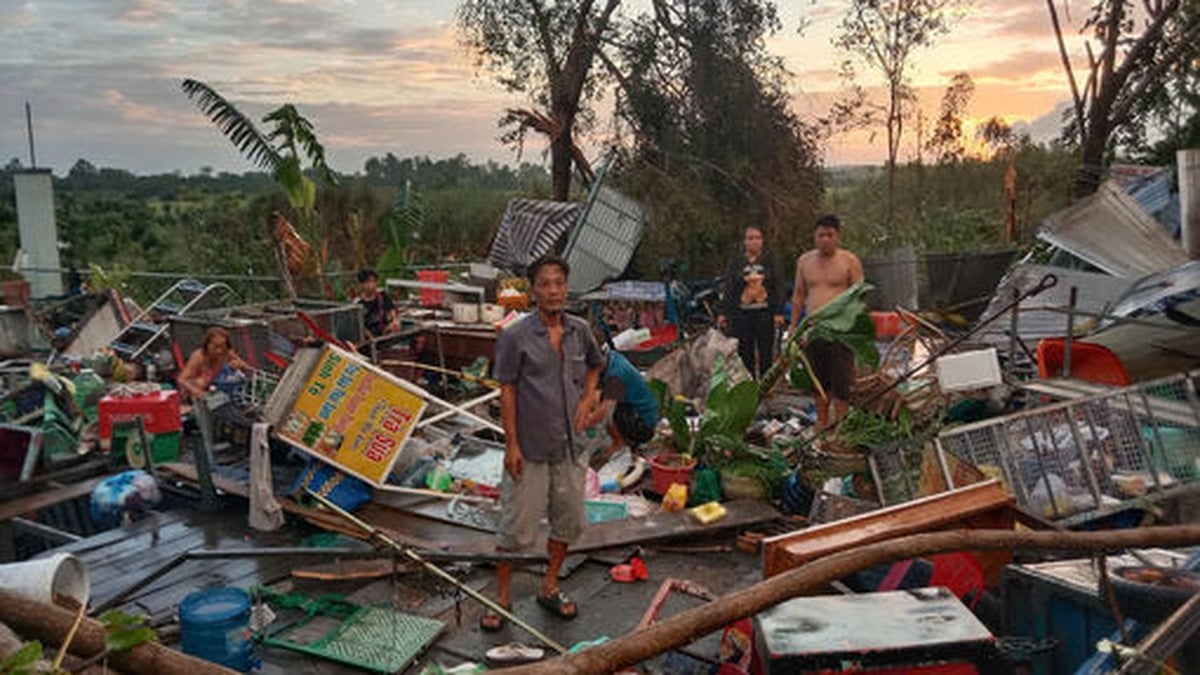
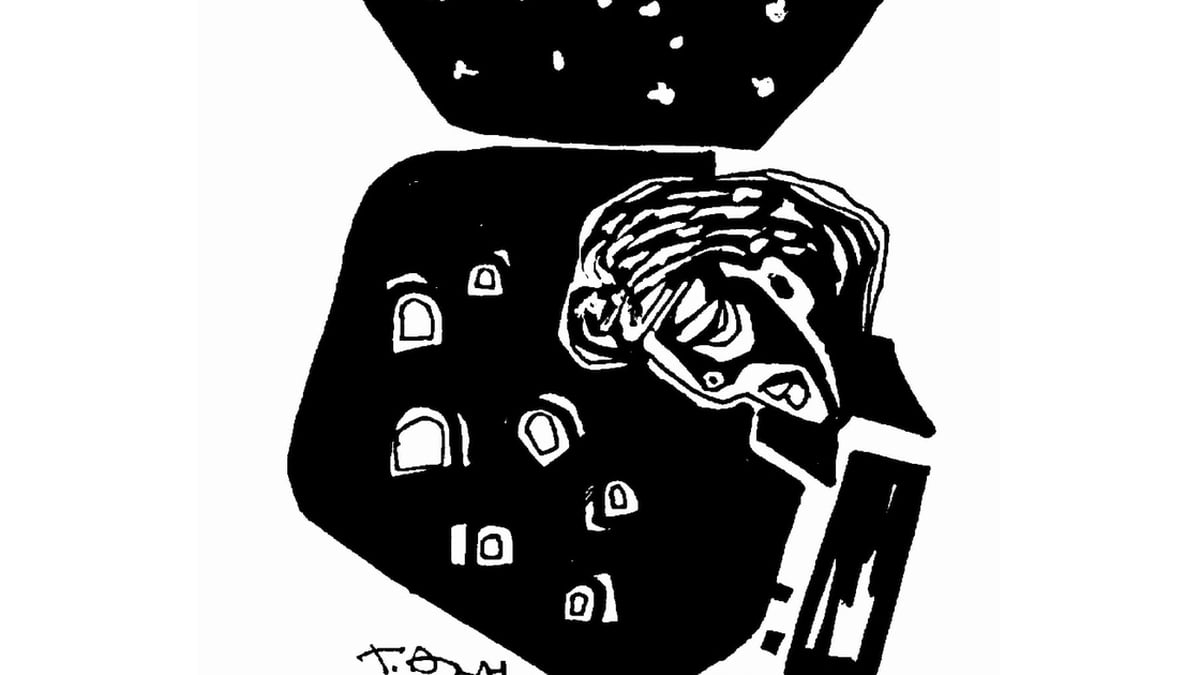































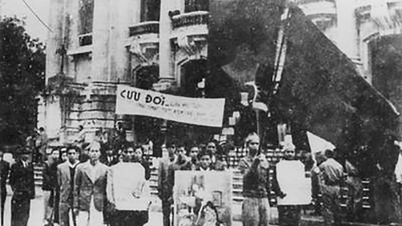























![[Photo] National Assembly Chairman Tran Thanh Man receives Chairman of Morocco-Vietnam Friendship Association](https://vphoto.vietnam.vn/thumb/402x226/vietnam/resource/IMAGE/2025/7/26/b5fb486562044db9a5e95efb6dc6a263)
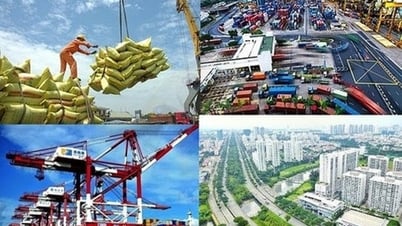


































Comment (0)